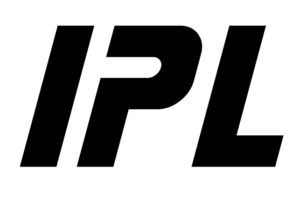Kate Timp: Health, Fitness & Confidence Coach
In a world saturated with conflicting health advice, Kate Timp emerges as a beacon of clarity and inspiration in the realm of health, fitness, and confidence coaching. Renowned for her transformative approach to body and mind wellness, Kate has dedicated her career to helping women break free from the shackles of self-doubt and insecurity, guiding them towards a path of self-love, empowerment, and optimal well-being.
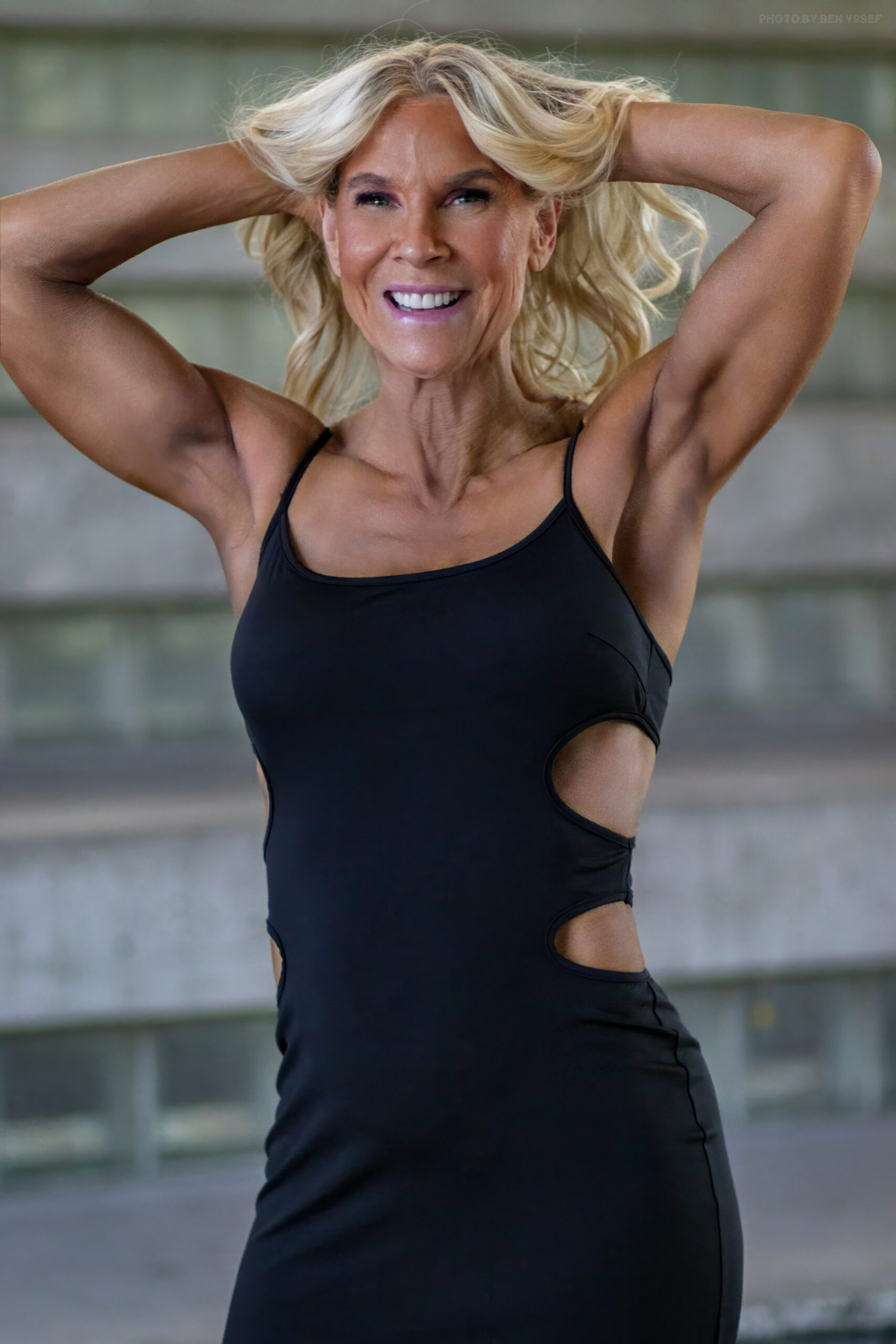
In this exclusive interview, we delve into the remarkable journey that led Kate to become a health, life, and nutrition coach specializing in body transformation and confidence building. From her own struggles with post-pregnancy weight to the realization that true health goes beyond mere physical appearance, Kate shares insights, personal anecdotes, and strategies that have empowered countless individuals to embark on their own transformative journeys.
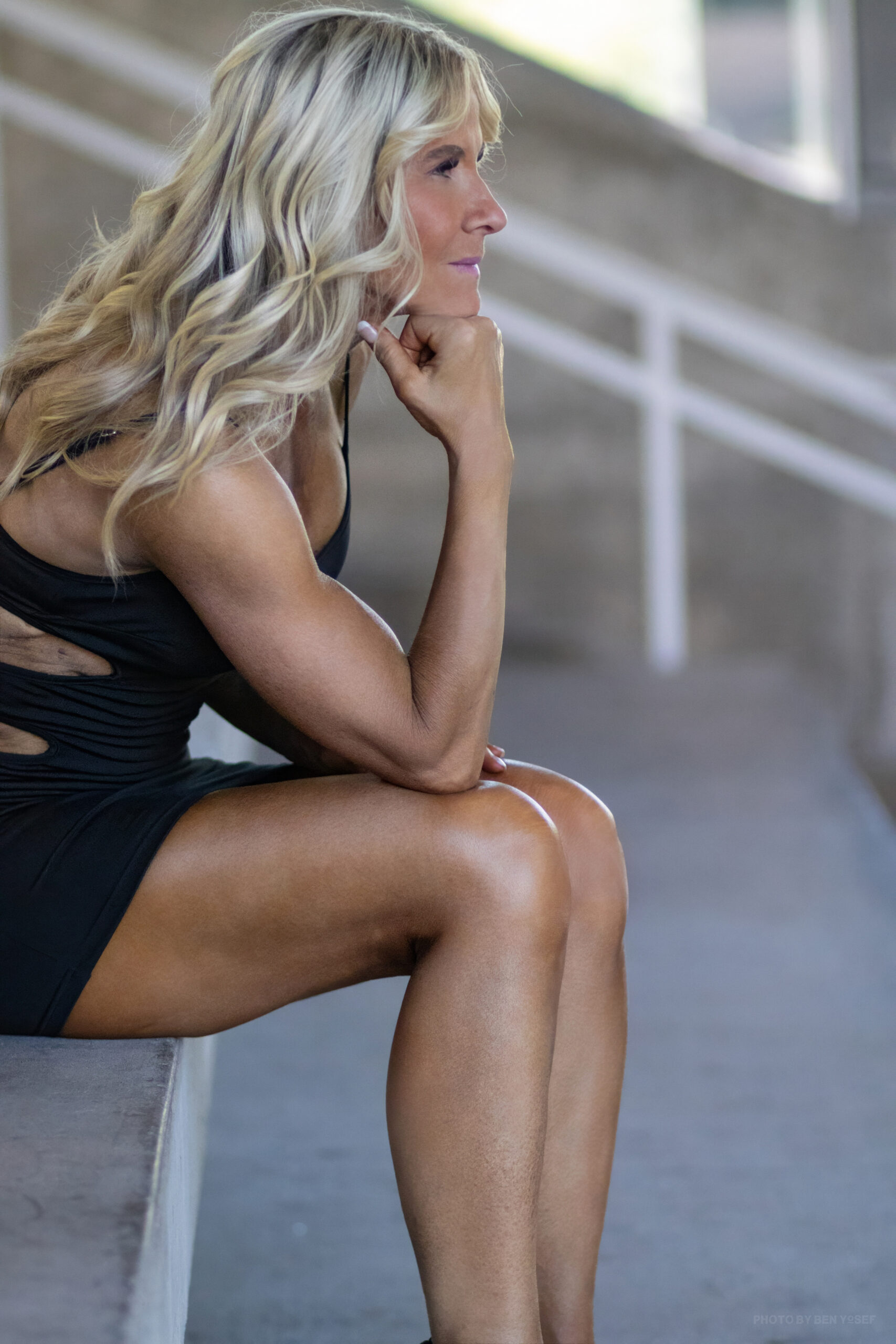
IT’S MINDSET, AND LACK OF SELF-WORTH AND CONFIDENCE THAT IS TRULY KEEPING US FROM ACHIEVING OUR HEALTH AND FITNESS GOALS.
ATHLETIC ENTREPRENEUR: What inspired you to pursue a career as a health, life, and nutrition coach specializing in body transformation and confidence building?
KATE TIMP: What inspired me to go into this field was my own personal struggle to get into shape after having 6 babies. AFTER I had my last baby I weighed over 200lbs and did not feel healthy. I was confused by all of the conflicting diet information out there. So, I decided to go back to college and get my Master’s degree in Exercise Science and Nutrition and I got certified as both a Certified Personal Trainer and a Nutrition Coach.
But, once I started working in the field I realized that being able to write a great workout and nutrition plan doesn’t mean anything if the person doesn’t follow it. It’s mindset, and lack of self-worth and confidence that is truly keeping us from achieving our health and fitness goals. So, I went on and got certified as a Health and Life Coach.
Now, I am so honored to help women realize their self-worth, create the body, health and life of their dreams and finally feel confident in their own skin.
AE: Can you share more about your personal experience and challenges that led you to focus on empowering individuals through fitness and wellness?
KT: I found myself weighing over 200lbs after the birth of my sixth baby. I had an emergency c-section with him. The combination of the surgery and being overweight made me feel so out of control. I could barely move. I slept on the coach with the bassinet next to me and it was all I could do to try to sit up to get him out to feed him.
As I started to recover from the surgery I still was out of breath climbing stairs and could barely roll over in bed at night from being so overweight. All of my joints hurt. I was embarrassed by how out of shape I was. I made a decision that I was not going to feel like that any longer. And, even though I didn’t know what I was doing, I would find a way to lose the weight, get in shape and get healthy for myself and my 6 kids.
I went on diet after diet not really knowing what would work, but I had a strong dedication. I started moving. First walking and then jogging. Finally I added in strength training. It started to work! That’s when I vowed to help other women so they didn’t have to go through what I did. I wanted to have answers for them. I needed to get educated, so I did.
AE: In your opinion, what are the key elements necessary for a successful transformation journey, both physically and mentally?
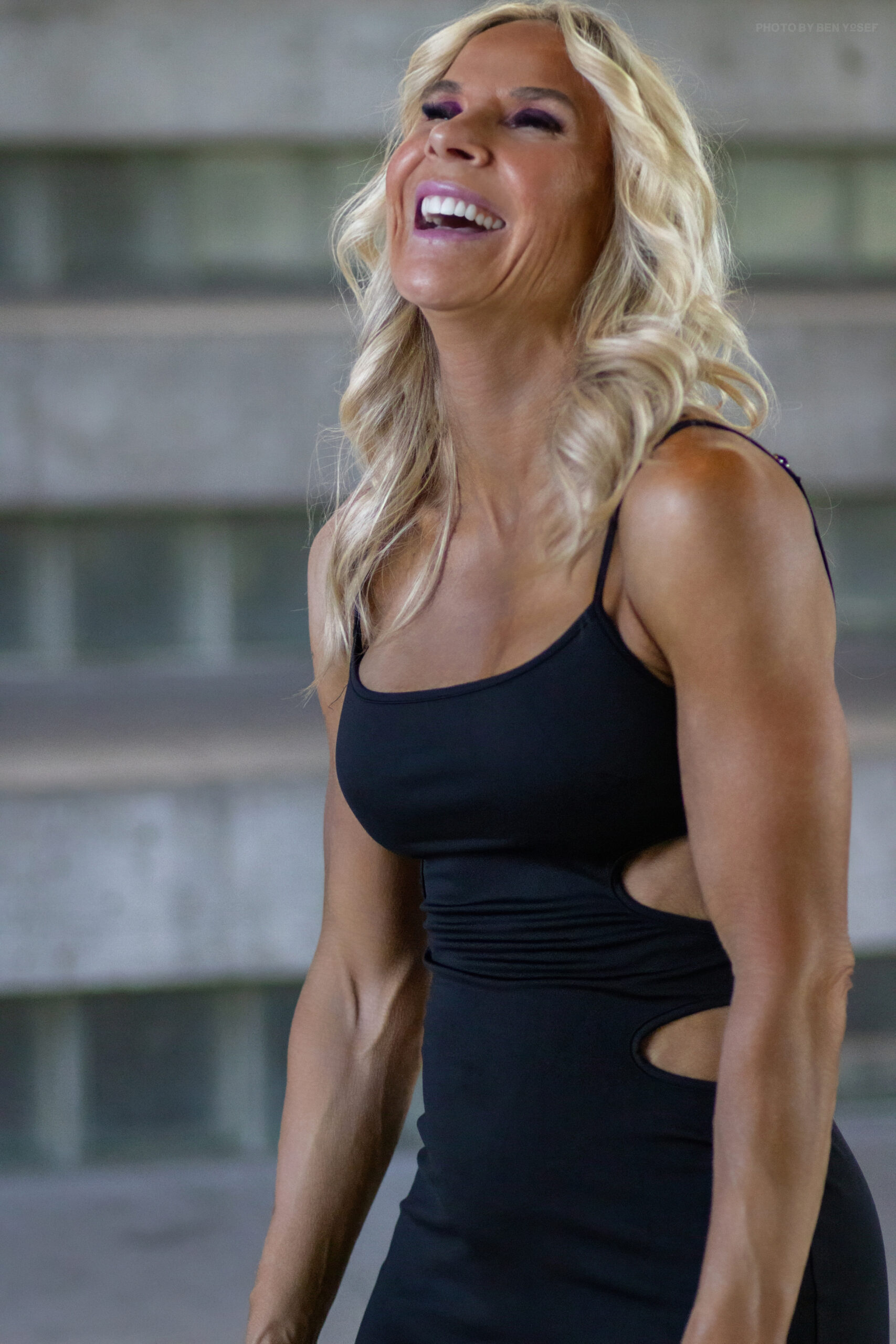
DECIDE TO LIVE A HEALTHY LIFE AND BE OPEN TO THE JOURNEY. ACKNOWLEDGE THAT IT’S GOING TO TAKE SOME TIME AND KNOW THAT YOU ARE WORTHY OF THE LIFE YOU DESIRE.
KT: In my opinion, the key elements necessary for or a successful transformation journey are: DECIDE to live a healthy life and be open to the journey. Acknowledge that it’s going to take some time and KNOW that you are worthy of the life you desire. That may sound simple but it’s very difficult for most people. That is why a health coach can be so vitally important. The “how” is not the difficult part. A great nutrition and workout plan is important, but you will only stick to a plan if you know your “WHY” and believe you are worthy and it’s attainable.
AE: How do you tailor your coaching approach to address the diverse needs and goals of your clients?
KT: My private coaching clients get 100% custom coaching from me. I guide them to the next best step for themselves as individuals. I don’t write cookie cutter meal plans, workouts or anything else. My clients complete an extensive weekly google form with questions about their past week, including celebrations and challenges. And, I meet with my clients up to once a week via zoom for a health coaching session where we really dig into their limiting beliefs and set weekly goals.
I always meet my clients exactly where they are today. For example, I truly believe that food tracking is super helpful for becoming an intuitive eater. However, if someone had a disordered eating past for example and doesn’t feel comfortable food tracking or if they just do not like food tracking and therefore would get nothing out of it, I don’t make them track in the traditional sense. I help them find a way to track that is comfortable for them and is still efficient and productive.
I also believe that strength training is super important. But if someone has been inactive for years, I don’t tell them they have to start going to the gym today. We will probably start with walking and move into resistance training when they are ready. The same is true for nutrition education. I find that most people do not have the nutrition education they need to make healthy choices. But, I don’t throw it all on them at one time.
Through consistent conversation with them I always know where they are at and what they need to work on next. I help educate them so they are aware and can make informed choices on hydration, macronutrients, micronutrients, supplements, gut health, hormone management, organic foods, pesticides used in our food manufacturing etc…just to mention a few of the important topics in nutrition education we discuss.
AE: Could you discuss a particularly challenging case you’ve encountered in your coaching practice and how you guided your client through it to achieve their goals?
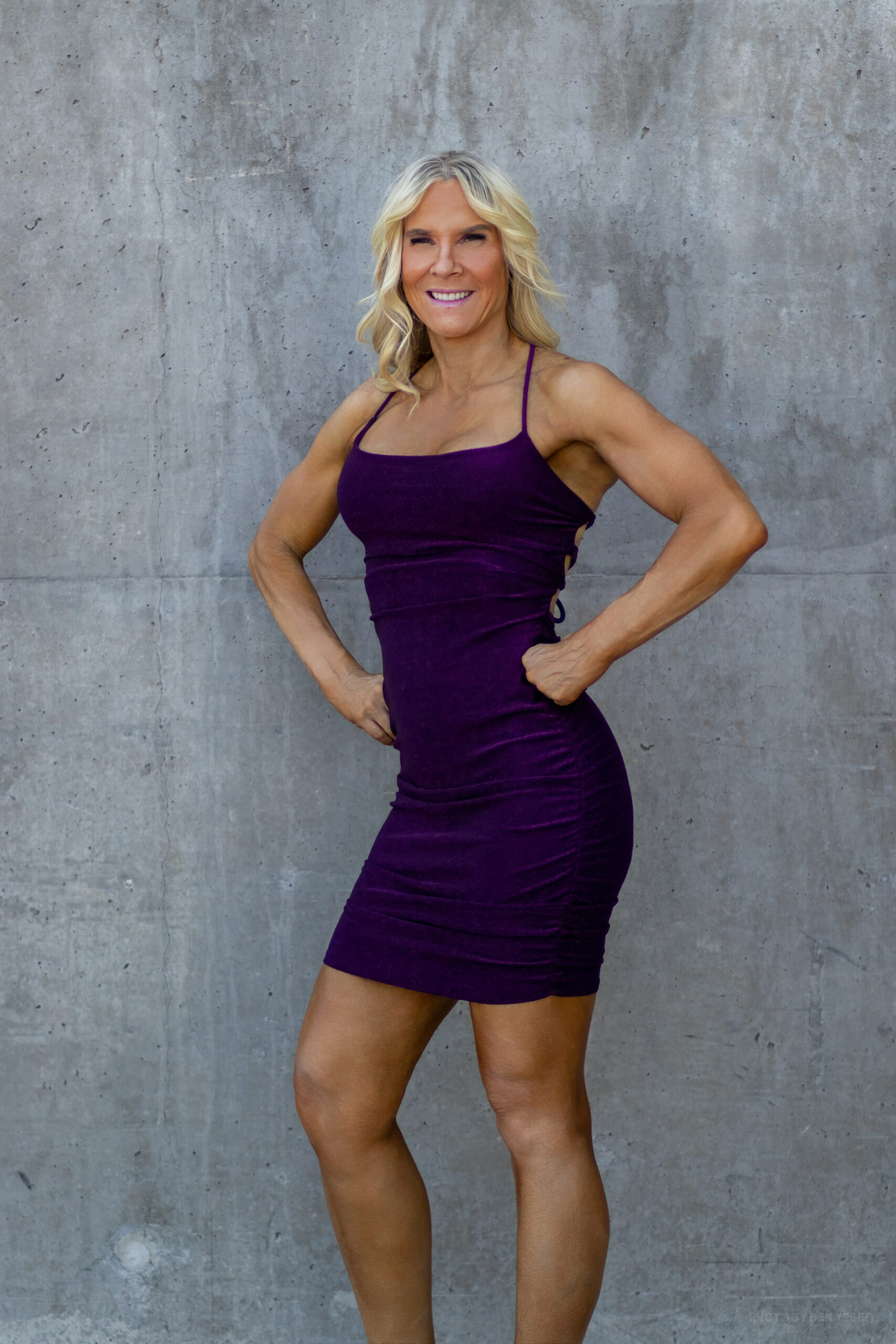
OF COURSE, EVERYONE HAS THEIR OWN PAST, BUT THE CONNECTION IS SO STRONG. I TAKE WHAT I HAVE LEARNED WITH THIS CLIENT INTO ALL OF MY CLIENT INTERACTIONS.
KT: I encountered a challenge with one of my very first clients that has influenced the way I coach from then on. It helped me to see just how common it is that our behavior is a reaction to our upbringing and relationship to family and friends. I learned that the key is to help them find where it’s coming from and to help them realize that what they are reacting to is just a limiting belief that is not really true.
My client struggled for years with yo-yoing up and down with her weight and motivation and couldn’t figure out why. We really dug in through consistent health/life coaching and as she looked at her past she realized that she was fighting against years of being told she should lose weight by her family in not so kind ways. Her response was to “show” them that she could do what she wanted. But, ultimately, she realized that she was really just hurting herself by continuing that behavior.
It wasn’t “showing” them or giving her the control and confidence she really wanted to live a healthy life. We were then able to come up with specific tools she could use when comments were made so that she could still feel in control and confident while choosing to live a healthy lifestyle and achieve her goals. Of course everyone has their own past, but the connection is so strong. I take what I have learned with this client into all of my client interactions.
AE: What role do you believe confidence plays in a person’s overall health and fitness journey, and how do you incorporate confidence-building techniques into your coaching?
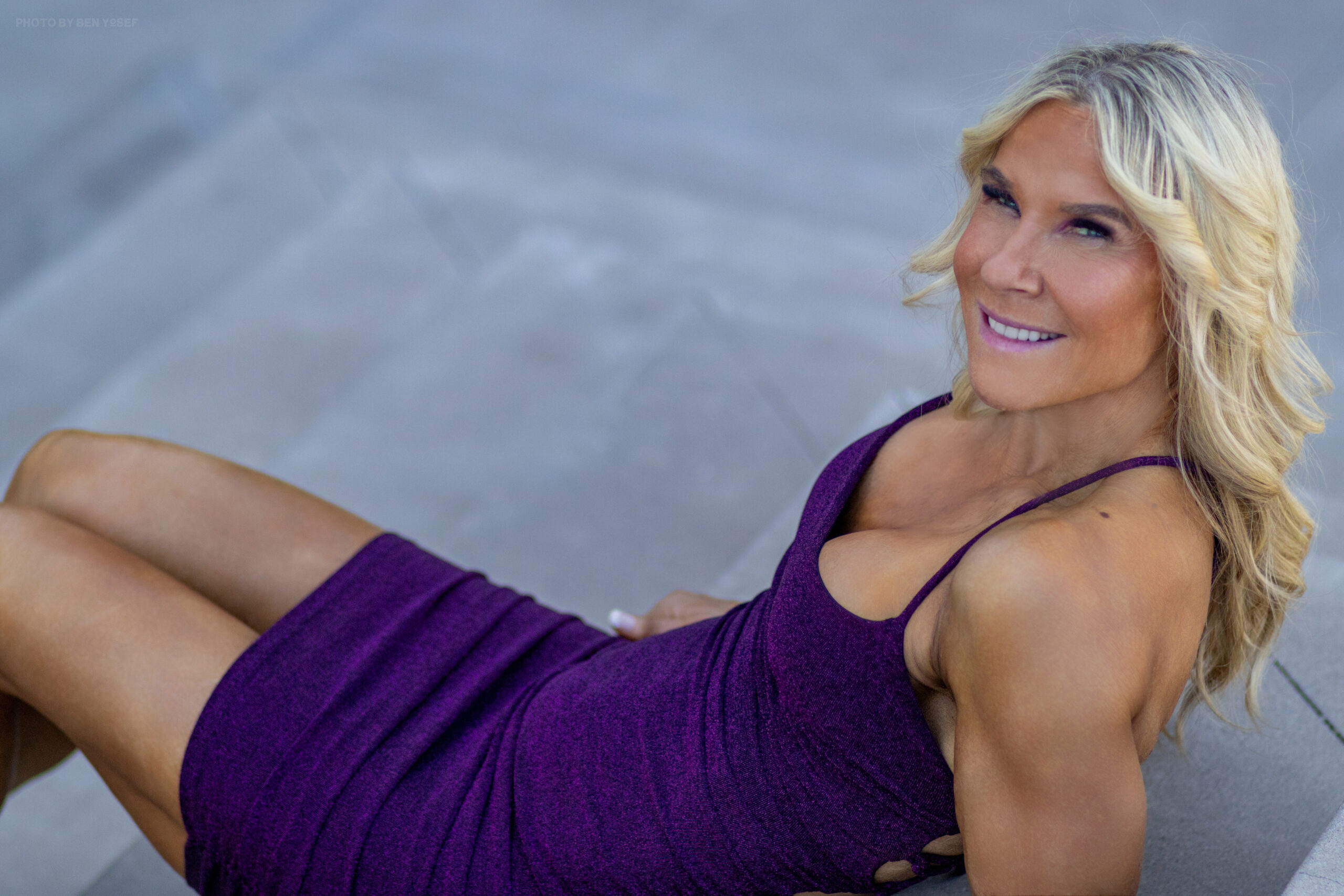
…CONFIDENCE IN ONESELF IS REALLY THE KEY TO OVERALL HEALTH AND FITNESS…BELIEVING IN THEIR OWN WORTH AND KNOWING THAT THEY ARE ENOUGH JUST AS THEY ARE.
KT: I believe that confidence in oneself is really the key to overall health and fitness. However, I see it as the result of believing in their own worth and knowing that they are enough just as they are. My role as their coach is to help them truly believe they are worthy of the health and the body of their dreams. This results in them becoming confident as they achieve one small success after another. Confidence builds and shows on the outside, all while they are in the process of achieving their goals, in the way they carry themselves, the way they speak, the way they dress etc. It’s so beautiful to watch my client’s transformation into confidence.
AE: With the prevalence of conflicting information in the health and fitness industry, how do you help your clients navigate through misinformation and establish sustainable lifestyle changes?
KT: That’s such a great question because there really is so much confusing nutrition, health and fitness information out there. Even as a health professional reading through the current research can be somewhat conflicting. However, I help my clients navigate through the misinformation by providing nutrition education as I am always staying on top of the newest research.
An example would be that there is a lot of talk these days about a vegan lifestyle being more healthy. I would tell my clients that there are some strong benefits to eating a healthy vegan lifestyle and the biggest one would be if there is great attention to eating lots of vegetables and some fruits. This would provide a lot of vitamins, minerals and phytonutrients missing in most of our diets. However, that benefit in and of itself is not strong enough to lead a vegan lifestyle because plant based protein is just not the same quality as animal protein.
Most plant-based proteins are missing at least one of the essential amino acids. The counter is usually that there are a few plant based complete proteins (with all 9 essential amino acids) such as quinoa. And, that is true. However, you would need 4.5 cups of quinoa to equal the amount of protein in 4½ ounces of chicken breast. AND, you would get a substantial amount of carbohydrates and calories to go along with that!
4½ ounces of chicken breast equals 38g of protein, 0 carbs and 225 calories. Whereas 4 1/2 cups quinoa also equals 38g of protein, but additionally has 177g of carbs and 1,000 calories! And, 4 ½ cups is A LOT of quinoa to eat! So, my recommendation would be to eat animal based protein AND lots of veggies and some fruits to get those vitamins, minerals and phytonutrients. That’s just an example of how I share my knowledge with my clients.
AE: What are some common misconceptions or myths about body transformation that you often encounter in your coaching, and how do you address them?
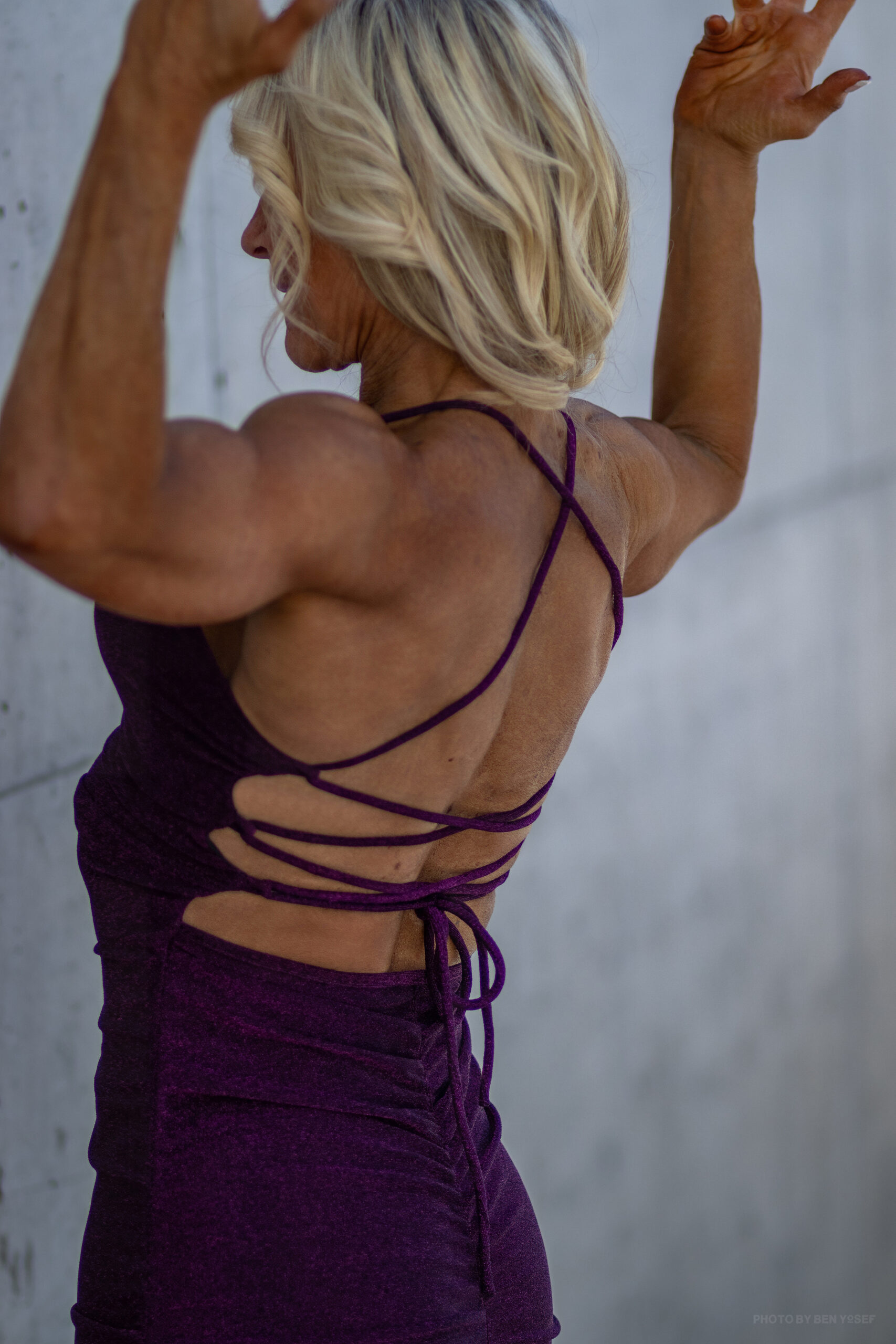
THE WAY I ADDRESS THESE MYTHS IS THROUGH EDUCATING MY CLIENTS. I SHARE THE SCIENCE BEHIND THE MISINFORMATION IN A WAY THEY CAN UNDERSTAND.
KT: I encounter A LOT of myths about body transformation! Here are an examples of just a few:
- Myth 1. You must eat low carb to lose weight. Not true. In fact, in order to build strong muscles we need carbohydrates to fuel our lifting sessions.
- Myth 2. You need to do a lot of cardio to lose weight. Not true. Resistance training is the needle mover with muscle gain and fat loss.
- Myth 3. A protein is a protein. I addressed this in my answer to the previous question.
- Myth 4. A calorie is a calorie. Meaning, as long as you hit your macros it doesn’t matter what you eat or candy = broccoli as long as they have the same amount of carbs. FALSE!
- Myth 5. You will automatically gain weight and belly fat in menopause, no matter what. FALSE!
- Myth 6. Glucose spikes don’t matter if you are not diabetic. Again, not true.
I feel like I could go on and on. The way I address these myths is through educating my clients. I share the science behind the misinformation in a way they can understand. Some clients want to understand science more than others, but they all tell me they appreciate understanding “why” something is the healthy choice.
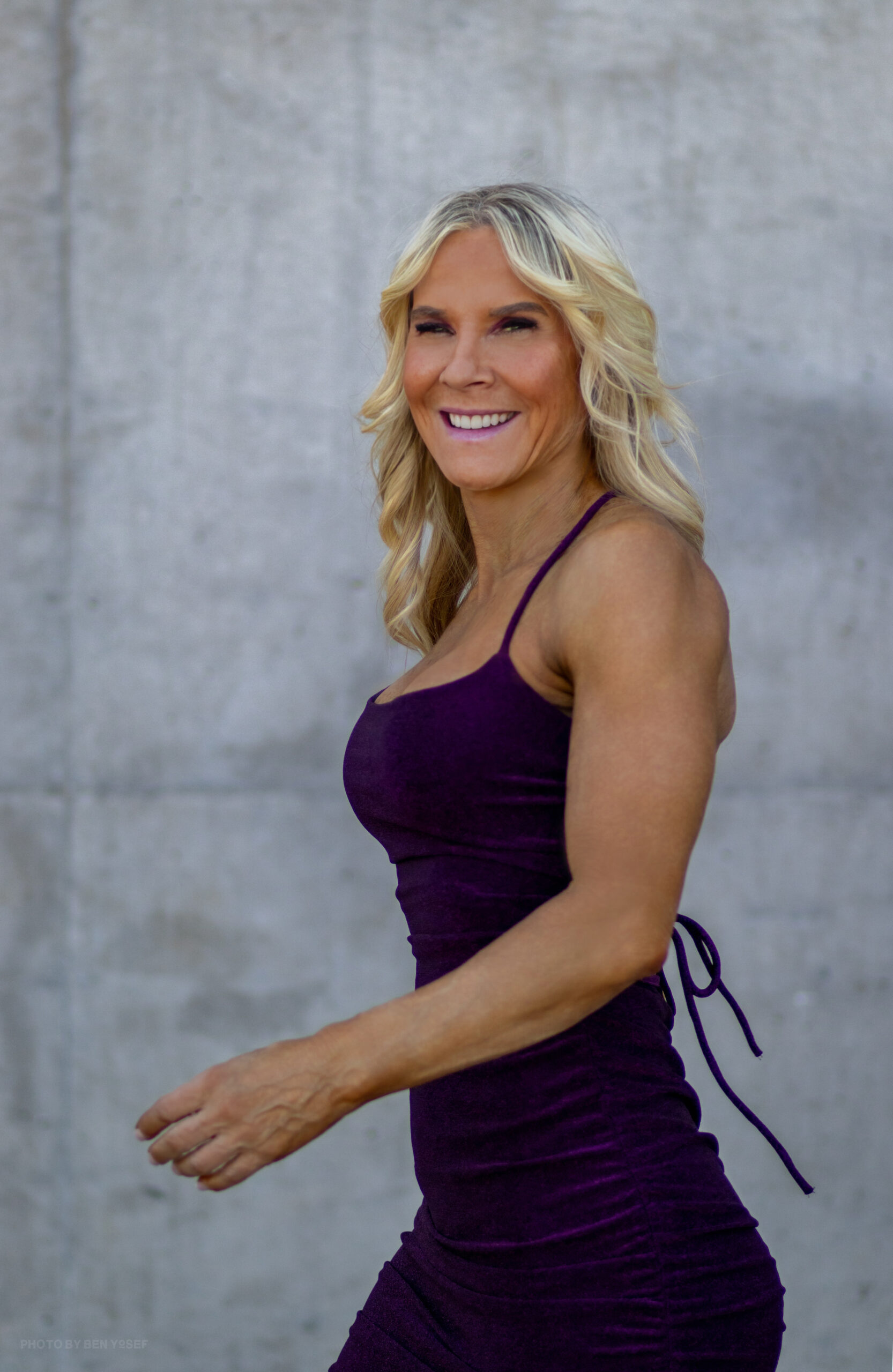
DECIDE IT IS YOUR TIME TO CREATE THE HEALTH AND LIFE YOU DESIRE…KNOW YOUR WORTH!
AE: How do you prioritize mental health and self-care alongside physical fitness in your coaching programs?
KT: I may be different from many other coaches out there, but I prioritize mental health and self-care before physical fitness. I have seen first-hand that when a client prioritizes these things first it naturally extends to their physical fitness. The model that doesn’t work is to just give a client a workout and nutrition plan and not help them work on the underlying mental and emotional reasons why they have been participating in unhealthy behavior.
When we do that as coaches we are expecting them to work on willpower alone and that just isn’t sustainable. Obviously, physical fitness and resistance training is so important, but if the client is not ready for that and has been sedentary for a long time I would prioritize their mental health and self-care through health/life coaching along with some basic walking. Once they have worked through some of their limiting beliefs they can move into home or gym workouts.
AE: Finally, Can you share some valuable tips or strategies for our readers aiming to kickstart their health and fitness journey towards a more confident and transformed lifestyle?
KT: Yes, absolutely!
- DECIDE it is your time to create the health and life you desire.
- Know your worth! Most women especially do not know they are worthy just because they are. They believe they are only worthy if they do something to make them worthy. “Once I start going to the gym 5 days a week I will be worthy.” “Once I stop eating junk food I will be worthy.” etc. etc.
- Practical Kickstart: Get into a Healthy Routine! Drink at least 64 oz of water a day… shoot for 100 oz. Start a sleep routine. Start tracking food. Do some sort of movement at least 10 minutes a day. Take deep breaths whenever you feel overwhelmed or just need to relax.
- Reach out for help form a Certified Health Coach. AE
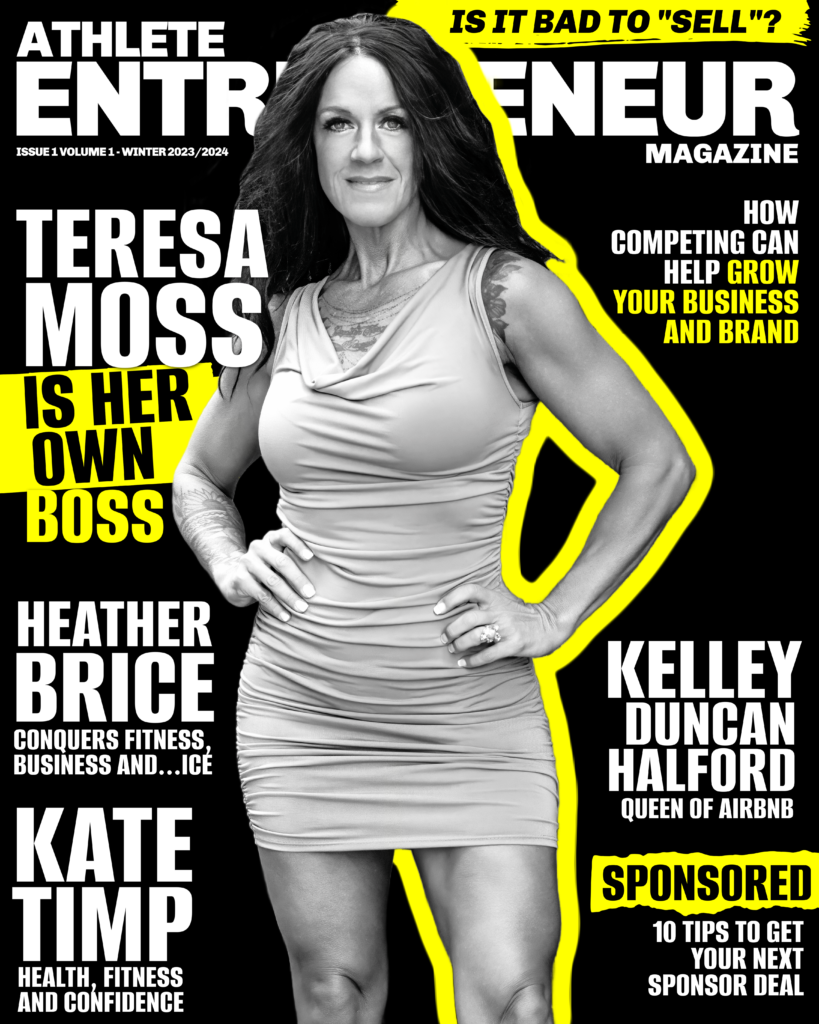
Share this post
More Kate Timp
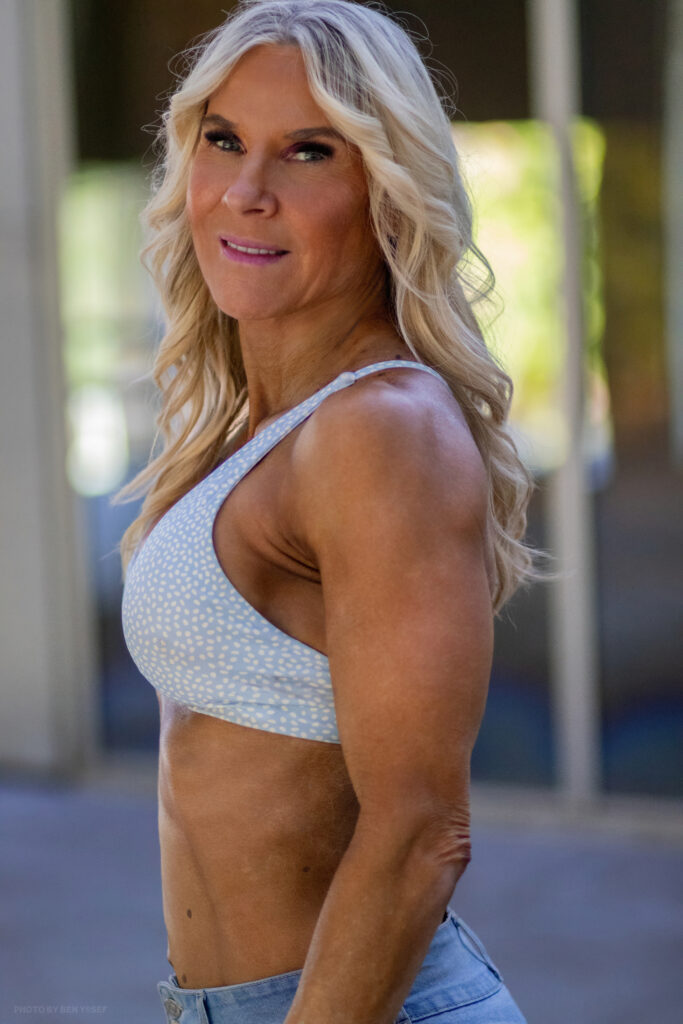
INSPIRE Magazine – Fifty-eight Years Young Pro Athlete Kate Timp
“…I switched to strength training, which really was a game changer…I vowed to coach other women to lose their own baby weight and menopause weight and finally feel confident in their skin.”
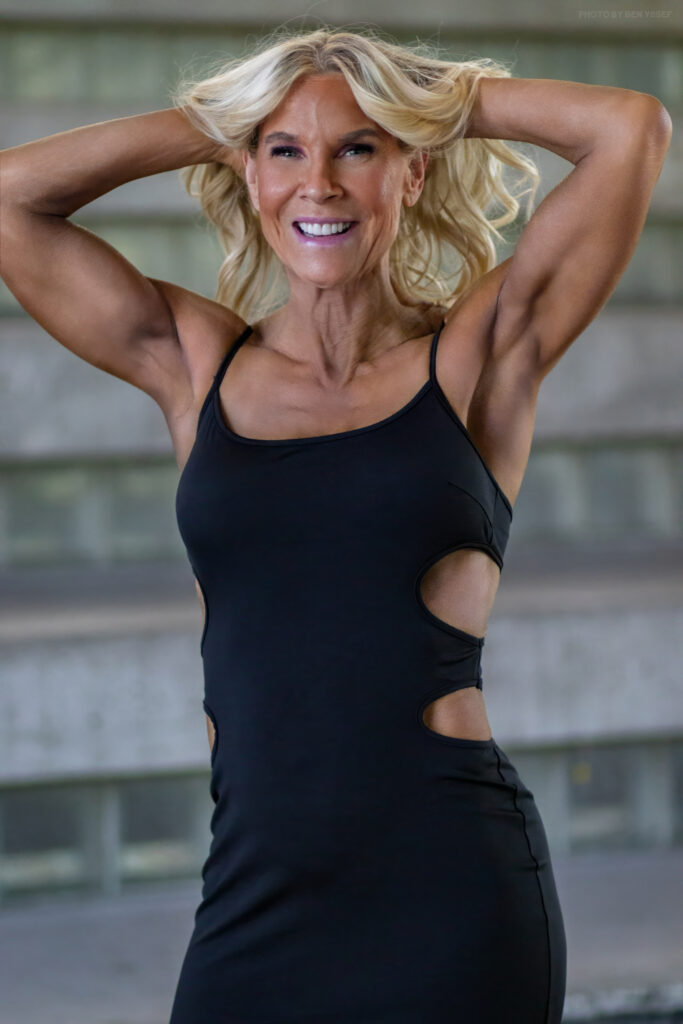
Athlete Entrepreneur Magazine: Kate Timp – Health, Fitness & Confidence Coach
“It’s mindset, and lack of self-worth and confidence that is truly keeping us from achieving our health and fitness goals.”
More From Athlete Entrepreneur Winter 2023/2024 Issue

Athlete Entrepreneur Magazine – Is It Bad To “Sell”?
“…ethical selling in the Health & Fitness industry isn’t merely transactional. It’s about building relationships and fostering trust.”
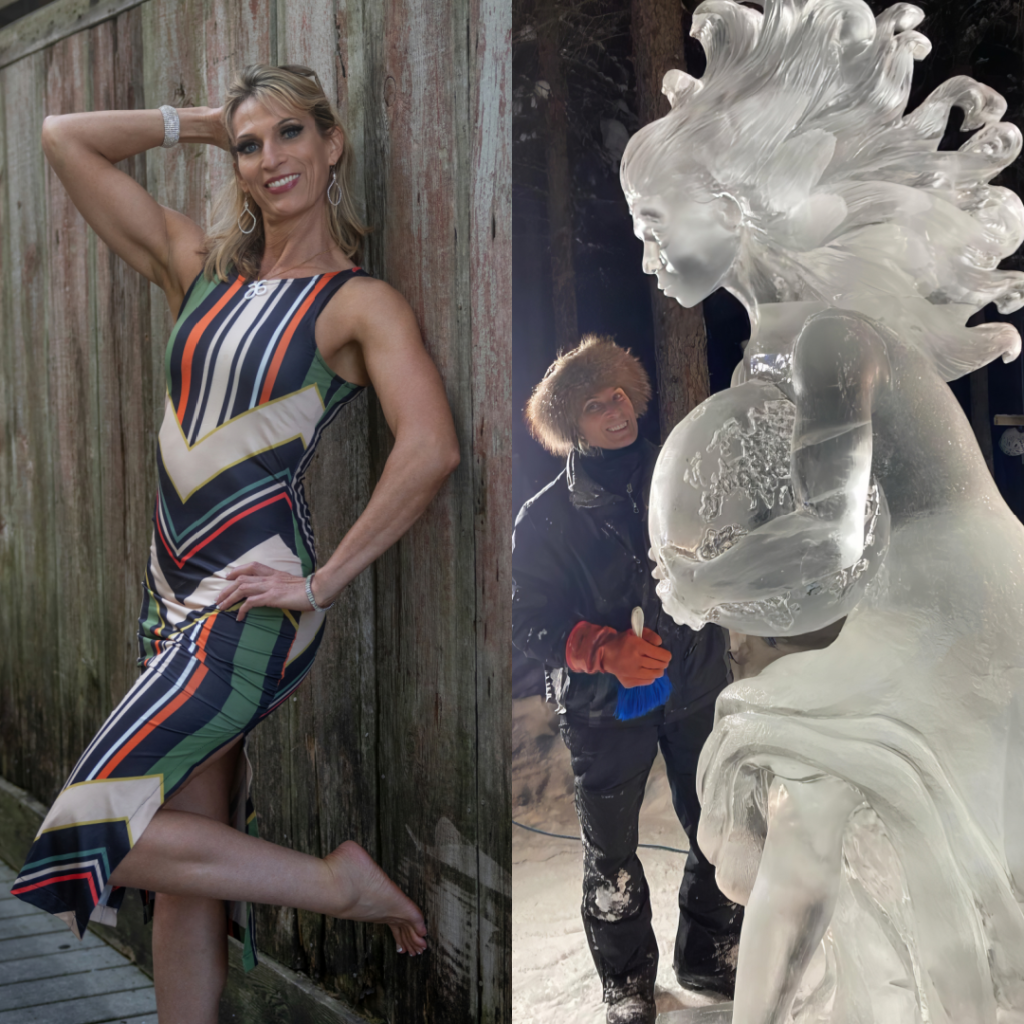
Athlete Entrepreneur Magazine – IPL Pro Heather Brice Conquers Fitness…And Ice
“To strive for perfection in art with ice sculpting and working to build my physique in the best shape I can, are an ultimate challenge for me. To improve myself, my skills, and my discipline. There is always room for improvement in both.”
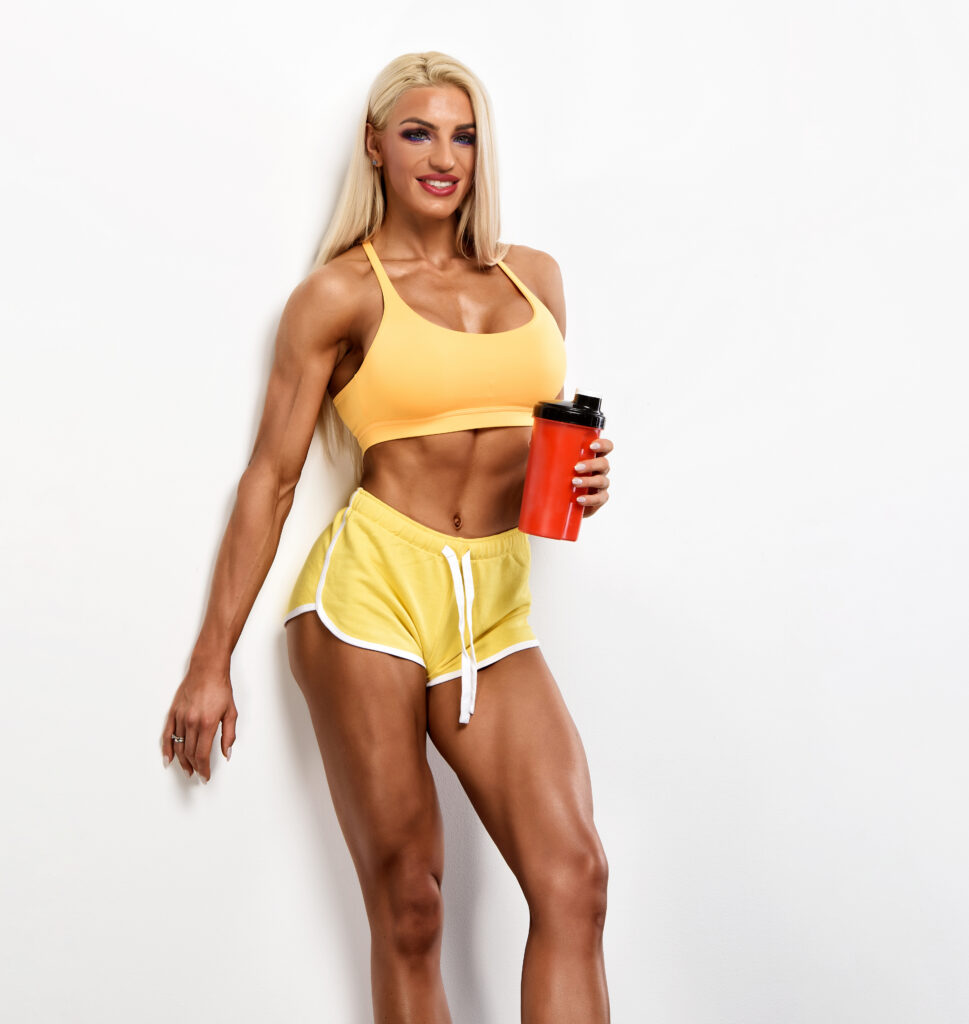
Athlete Entrepreneur Magazine – 10 Tips to Secure Your Next Sponsorship
In the world of fitness, securing sponsorships is not just about displaying your physical prowess but also about marketing yourself effectively. Whether you’re a seasoned athlete or a rising star, landing sponsorships can significantly elevate your career and support your journey.
More From Athlete Entrepreneur Magazine

Athlete Entrepreneur Magazine – 10 Tips to Secure Your Next Sponsorship
In the world of fitness, securing sponsorships is not just about displaying your physical prowess but also about marketing yourself effectively. Whether you’re a seasoned athlete or a rising star, landing sponsorships can significantly elevate your career and support your journey.
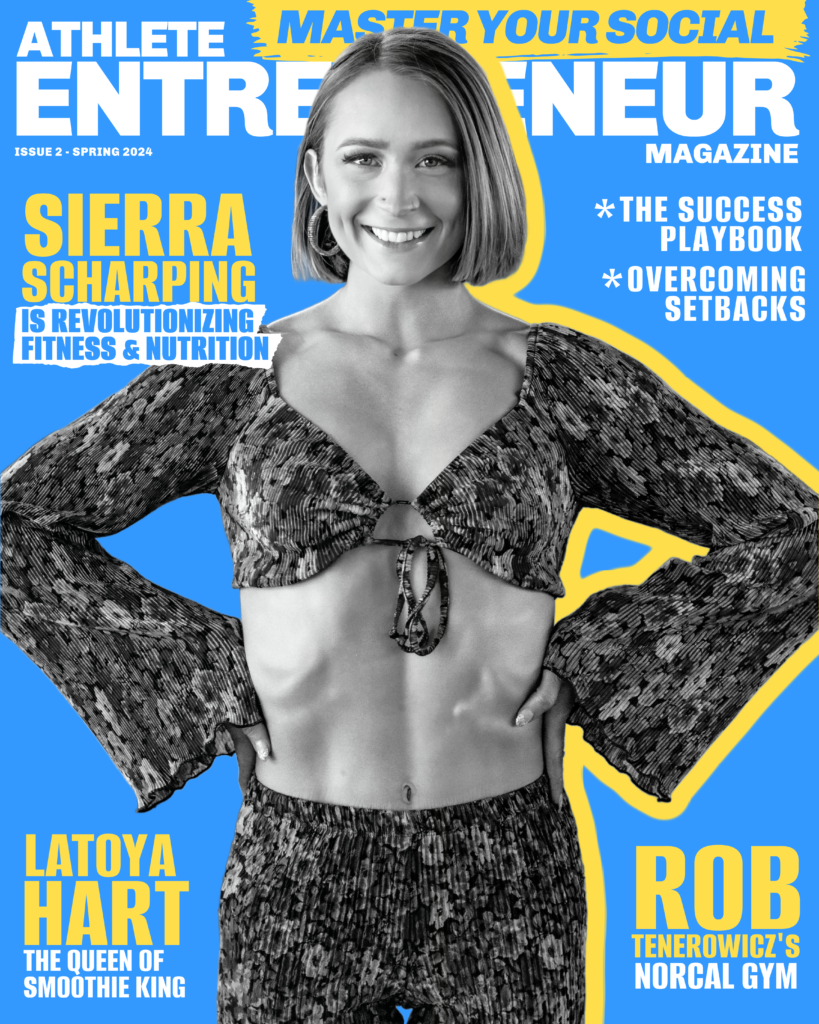
IPL Figure Pro Sierra Scharping Lands Cover Of Athlete Entrepreneur Magazine
“I am honored once again to land another cover for the IPL’s magazines! Becoming a part of the IPL community has really leveled up my appreciation and love of fitness and my practice!”

Athlete Entrepreneur Magazine – 9 Ways Competing In Physique Competitions Can Help Grow Your Business & Brand
Competing in Physique Competitions can significantly benefit your business and brand in quite a few ways.
